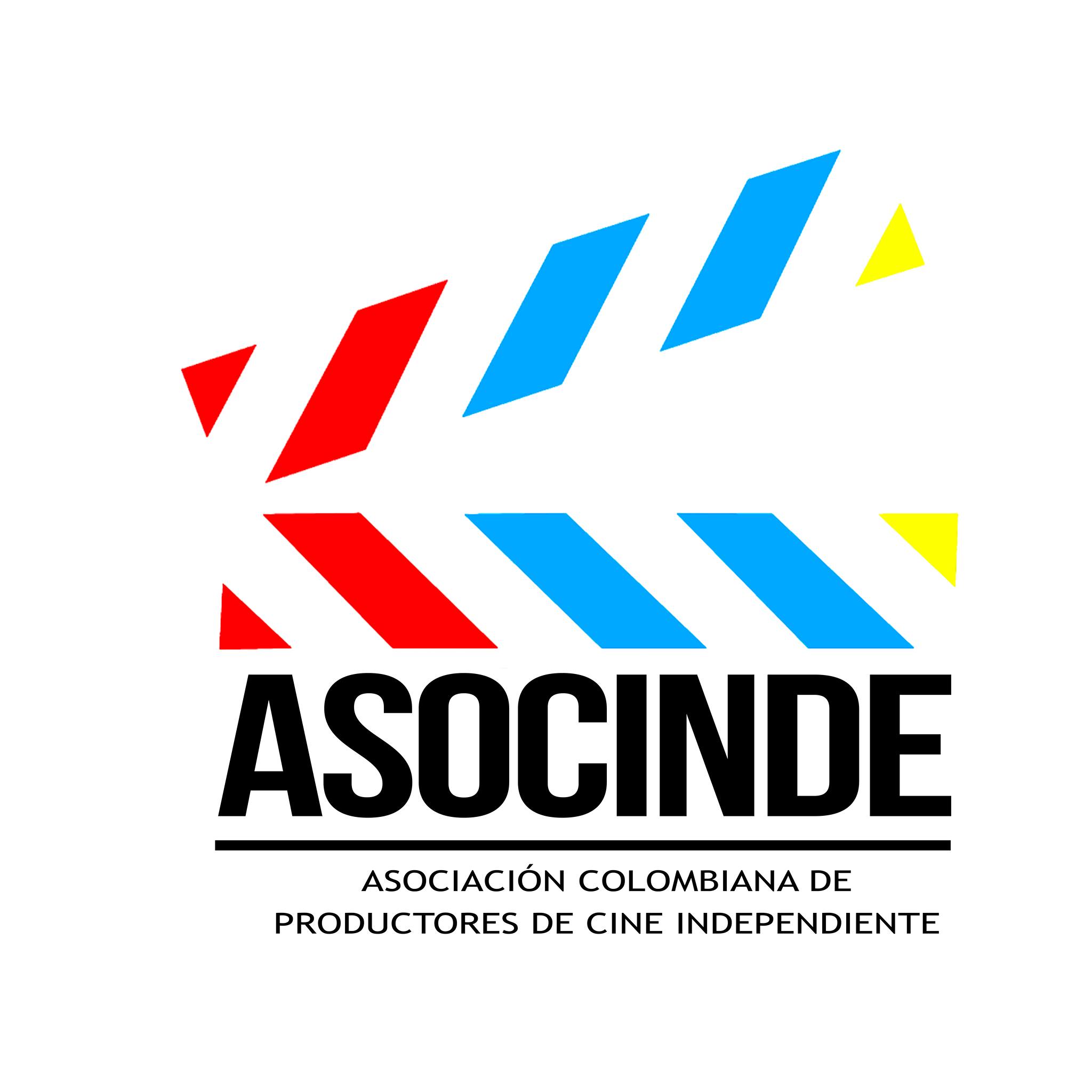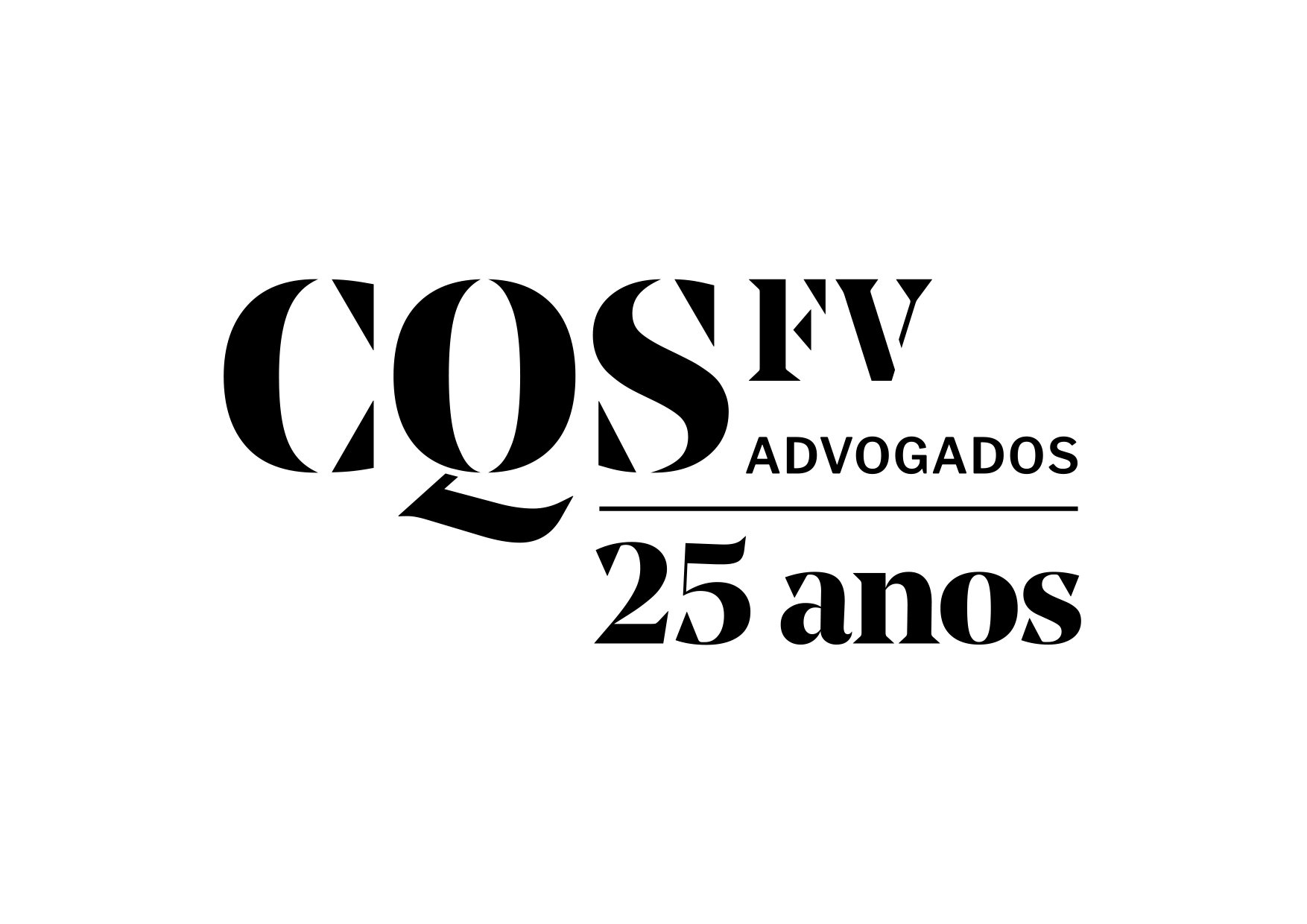The year 2012 saw enormous progress in the structuring, creation of incentives and promotion of film commissions in Latin America. Unfortunately, that progress was not shared by Brasil.
In Mexico, for example, the Mexican Film Institute – IMCINE announced that the High Impact Film and Audiovisual Industry Program (ProAV Fund) reduced the minimum spend required for audiovisual projects to qualify for a cash reimbursement incentive. In the pre-production and production phases, the minimum fell from 70 million pesos (MP) to 40MP and in its post-production phase, the minimum declined from 20MP to 10MP, which also applies to video games and animation projects. A combination of both may be applicable in which the minimum would be 40MP. The change aims to broaden the range of projects benefiting from the incentive, and particularly low and medium budget US and European independent projects, and privately-funded Mexican projects. The amendment also provides for “bundling” or packaging several projects in order to qualify for the rebate. The ProAV program, which provides a total 17.5% incentive, was first announced by President Felipe Calderon on March 9, 2010, as a mechanism to strengthen the advantages of shooting and developing audiovisual projects in Mexico to promote economic growth and job creation.
Following passage of a new film law and incentives in 2011, the Dominican Republic attracted several international film productions in 2012 through use of its new 25% transferable tax credit on all above- and below-the-line eligible expenditures. The incentive applies to both local and foreign film and TV productions which spend a minimum of $500,000 on qualified production costs, such as equipment, services and labor, as well as the above-the-line expenses. All production expenditures are also exempted from Value Added Tax and custom duties.
But the big news in this tiny Caribbean nation is its new Pinewood Indomina Studios. Set on 140,000 square meters, phase one of this massive, state-of-the-art film and TV facility and its 5100 square meters beachfront water tank will open in early 2013. The investment has also stimulated local film production. Approximately 10 Dominican films began shooting in 2012, a dramatic increase from the past 28 years when the annual average production was three to four films.
In a serious effort to institutionalize a new national film commission structure, in early 2012, the government of Chile, through the National Culture and Arts Council, contracted an international consulting agency to design the internal administrative structure and operational plan of a new national film commission office, as well as the creation of a national unified program for affiliation, training and certification of regional and local film commissions. The objective of the initiative is to promote Chile as an important international destination for production of film, television, publicity and new media projects through an integrated national and regional strategy, as well as increase the positive economic and cultural impact of the audiovisual industry.
Clearly the most important film commission incentive news in the region comes from Colombia, the first country in South America to create a system of incentives and a fund for attracting film productions. Law 1556 will benefit productions investing more than one billion pesos (U$500,000) in the country by offering a 40% rebate on film industry-related services and a 20% rebate on hotel, food and transportation expenses. The fund and incentive were announced last July by Colombian President Juan Manuel Santos, and became operational on January 1, 2013 with U$14 million in resources available for the first year, with the possibility of that amount increasing each year.
Although there has been significant progress in film commission and production incentives in Latin America, one of the most successful worldwide models for a national film commission system continues to be that of France. The well-known organization, Film France, is composed of a network of 40 local film commissions throughout the country offering free information on locations, crews, labor rates, administrative procedures, the national tax incentive program and other incentives, as well as a production guide and assistance in obtaining film permits and facilities. Film France is an association with mixed public and private-sector membership and is funded by both government subsidies and membership fees. The internal organization of Film France includes: a Code of Conduct, formal Statutes, a Film Commission Membership Form, and Internal Regulations.
In Brasil there has been a growing interest in film commissions and their potential to attract national and international audiovisual productions as a means to promote economic growth and job creation, as well as benefit local film and television production and generate visibility. Since 2008, at least 15 entities calling themselves film commissions or film promotion offices have appeared throughout Brazil to promote their respective jurisdictions as ideal locations for audiovisual content productions. However, only four film commissions are members of the Association of Film Commissioners International – Sao Paulo, Amazonas, Minas Gerais and Rio de Janeiro.
In 2009, the proliferation of film commissions in Brazil led Ancine to create an Interministerial Work Group (GTI) to analyze the phenomenon and recommend steps to organize the activity in order to guarantee a minimum of professionalism and qualified support for productions in the country. To date, nothing concrete has been done by either the Ministry of Culture or the National Agency for Cinema – Ancine.
On the other hand, for the first time, film commissions (escritórios de apoio a produções audiovisuais estrangeiras no Brasil), are included in the official Ancine “Plano de Diretrizes e Metas para o Audiovisual,” that Ancine has posted for public consultation during the period of August 22 to December 22 of 2012. Said period has now been extended to March 8, 2013. The document contains a set of objectives that will guide policies and regulatory actions for the audiovisual sector by 2020. The Plan was approved by the Board of Cinema – CSC (Conselho Superior de Cinema), responsible for establishing policy guidelines for Ancine’s work, even if the document has been prepared by the agency itself. In fact, the offices of support for foreign audiovisual productions in Brazil appear twice in the Plan, namely, Item 8.12, page 128, and Item 234, page 164, and have the overall goal to “Increase the number of offices for the support of foreign audiovisual productions in Brazil”, although there is no reference to any qualification and certification.
Although the document does not represent any formal commitment or action, it serves, in the words of the document itself, as a “reference and orientation for these plans,” establishing “responsibilities for all industry players.”
The Lack of an efficient film commission structure generates real losses for Brazil. According to estimates by the Association of Film Commissions International (AFCI), on-location shooting of a feature film generates an average expenditure of U$200,000 per day. In addition, services which may be offered to international producers by unqualified or uncertified film commission personnel will not only result in economic losses and fewer jobs being created, but may also generate other risks. One concrete danger is that a foreign producer seeking locations and support for his production may face unqualified personnel. This may occur in large urban centers as well as in rural areas, and may result in the loss of a production to another jurisdiction, such as Colombia or Chile, as well as generating a negative image for all film commissions throughout the entire country. Once a country becomes known as a poor location due to lack of infrastructure or untrained film commission personnel, it is extremely difficult to overcome that negative image.
With upcoming international mega-events such as the World Soccer cup and the Olympic Games, the world spotlight is now on Brazil. It is natural that Brasil is also becoming the favorite among producers from all over the world seeking locations for films, TV series, documentaries and commercials. Surely, Brasil will be ready to receive the massive influx of sports fans and tourists, but will the country’s film commissions be qualified and prepared to receive the many film crews and producers as well?












